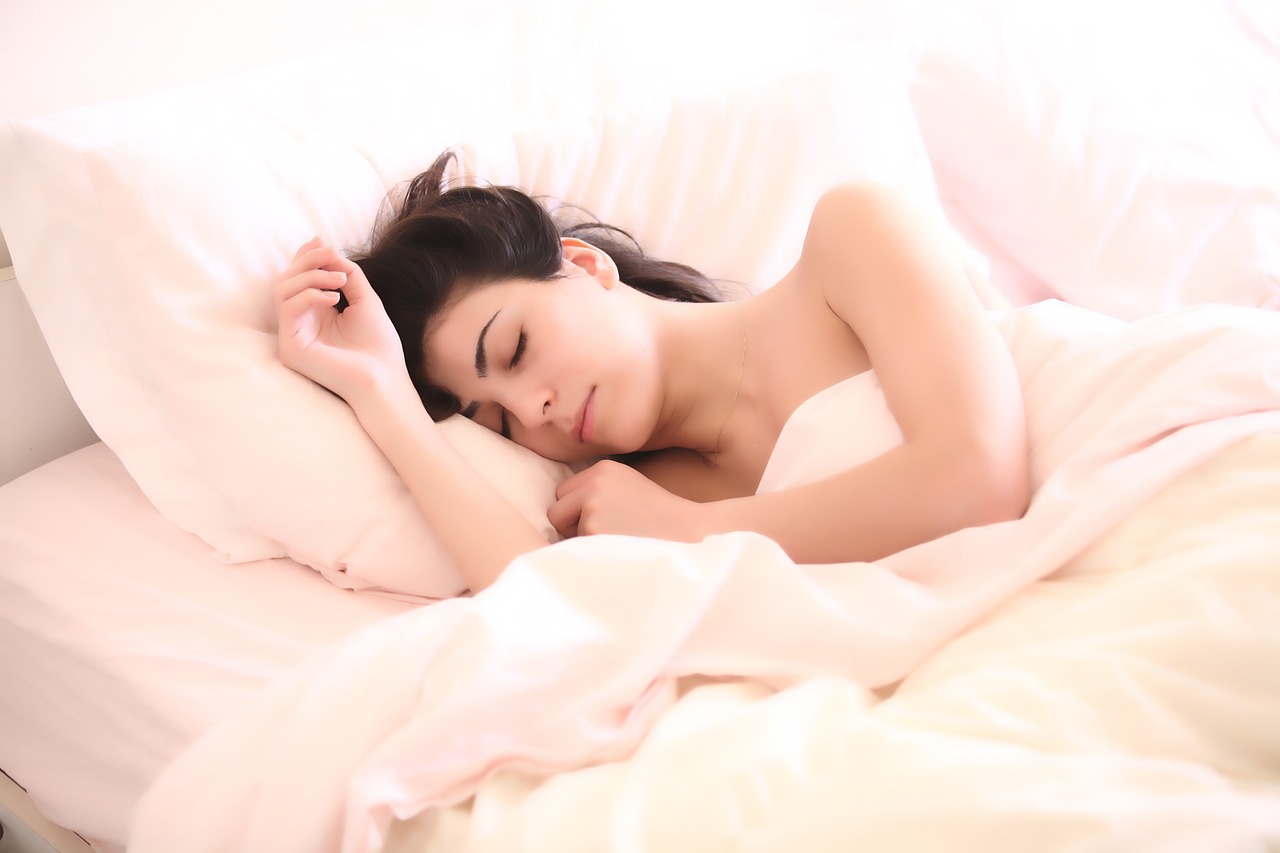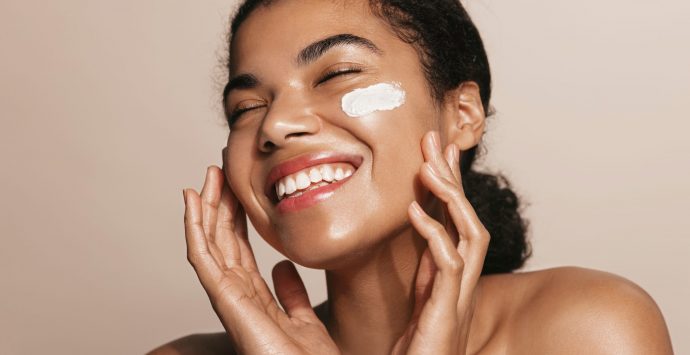

Are you one of the countless people who regularly suffer from disturbed sleep, or worse still, insomnia? If you are, you’re certainly not alone, as a 2017 study showed that 4 out of every 10 Australian adults suffer from some kind of sleep issue on a regular basis. That’s a huge amount.
The problem with this statistic is that sleep deprivation isn’t taken anywhere near as seriously as it should be. When left to fester for a long period of time, sleep deprivation has seriously nasty effects, such as problems with heart health, mental health issues, weight gain, an increased risk of diabetes as a result of the weight gain, and a list that goes ever further onwards.
We know that prevention is better than cure, so if you’re one of those people who struggle to get a good night’s sleep, how can you encourage the zzz to come your way in a natural manner? Let’s check out some of the most effective ways.
- Light therapy – If you’re struggling to fall asleep at night, it could be that you need to be exposed to more natural light earlier in the mornings. This is because light plays a part in telling the body when to release melatonin, which makes you go to sleep. You can purchase a light therapy box to use at home, or you can simply go for a walk in the mornings and fill your lungs with fresh air and your eyes with natural daylight.
- Deep relaxation – Relaxation sounds like it should be easy, but it’s surprisingly difficult to come by! Most of us are too busy racing around from one commitment to the next to chill out, but relaxation in the hours before bed is vital if you want to sleep better. Take a warm bath (not too hot), read a book, watch a calm moving (avoid horrors), and drink a warm, milky drink. Of course, it goes without saying that you should avoid coffee before bed! You could also try meditation, with breathing exercises very easy to do, or you could opt for guided meditation podcasts, which you can listen to before you go to bed.
- Lavender – Whilst there is no hard and fast evidence to suggest that lavender has powers to make you fall soundly asleep, it can help the body to relax and calm down, which is essential for good sleep. You could use lavender essential oils, perhaps in a massage before bed, a lavender-infused sachet under your pillow, add a few drops of the oil to your bath before bed.
- Check your sleeping environment – most people don’t realise that they’re uncomfortable, and this can actually impact whether you sleep well, or indeed at all! Check the temperature of the room – not too hot and not too cold, and also make sure that your pillows aren’t causing tension in your neck or giving you a headache. Is your duvet too heavy or too light? Some people find weighted blankets useful, as they mimic the feel of being hugged, which is in itself relaxing.
- Valerian – A herbal option to try is valerian. There are no major studies to firmly say that using valerian as a brewed tea or a supplement can cure your insomnia, but it can help to relax the body and also acts in the form of a sedative. You should take the valerian around one hour before bed, and be sure not to take more than the standard dose, which is currently 450mg. Check with your doctor before you start taking valerian to check that it’s not going to interact with anything else you’re taking, and also for advice on how to space out your dosage, if necessary.
No need to lay there tossing and turning for a second longer! Pay attention to your sleep pattern and work to rectify any problems. Sleep deprivation is nothing to joke about.





















